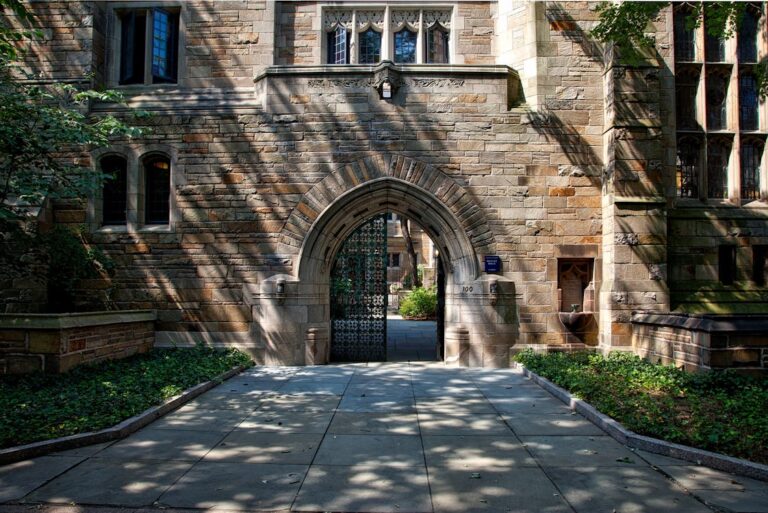The Free Press’ recent article entitled “Courts Ponder Benefits In Florida Social Security In Vitro Fertilization Case” reports that a panel of the 11th U.S. Circuit Court of Appeals last week took up the issue and effectively sent the case to the Florida Supreme Court for an interpretation of state law. That court will examine the case and issue an opinion that will go back to the federal appeals court.
The panel said in its decision that a key issue about Florida law in the case is a “question of first impression for this court” — meaning a first-of-its-kind question. The appeals court pointed to different interpretations of the law by Kathleen Steele and the U.S. Social Security Administration.
“Given these two reasonable interpretations of the Florida statute at issue, and the lack of Florida case law on the issue, we believe it is the better option to certify this dispositive issue to the Florida Supreme Court,” said the decision, written by Judge Barbara Lagoa, a former Florida Supreme Court justice.
The judge also wrote that the case “requires us to apply old statutes to new problems.”
Mrs. Steele applied for Social Security Child’s Insurance Benefits shortly after P.S.S.’s birth. She included the child’s birth certificate, which listed Phillip Steele as the father. The Social Security Administration denied the claim in 2014, saying the child did “not meet the dependency requirement for benefits.” Lower courts upheld the agency’s denial of the claim, prompting Steele to appeal in 2020.
The case involves legal interpretations related to wills and intestacy. Intestacy deals with situations where wills don’t exist or where parts of estates are “not effectively disposed of by will,” according to state law.
Phillip Steele had a will, but the court said it must “determine whether Florida law authorizes P.S.S. to inherit a child’s share of Mr. Steele’s intestate personal property, as is required in order to recover CIB (Child’s Insurance Benefits).”
The lower courts concluded that, under Florida law, a child conceived after the father’s death, could inherit property only through a will and not intestacy. As a result, they said, P.S.S. was not eligible for the benefits.
Phillip’s will listed his children living at the time of his death, but it also said the terms “children” and “lineal descendants” was to include those later born or adopted. Kathleen contends P.S.S. was “provided for” in the will and that a state law “effectively vests such a child with intestate rights in the event he or she is provided for by the decedent’s will.” As such, she argued P.S.S. is considered a “child” within the meaning of the Social Security Act and is entitled to the benefits.
Reference: The Free Press (Oct. 18, 2022) “Courts Ponder Benefits In Florida Social Security In Vitro Fertilization Case”










